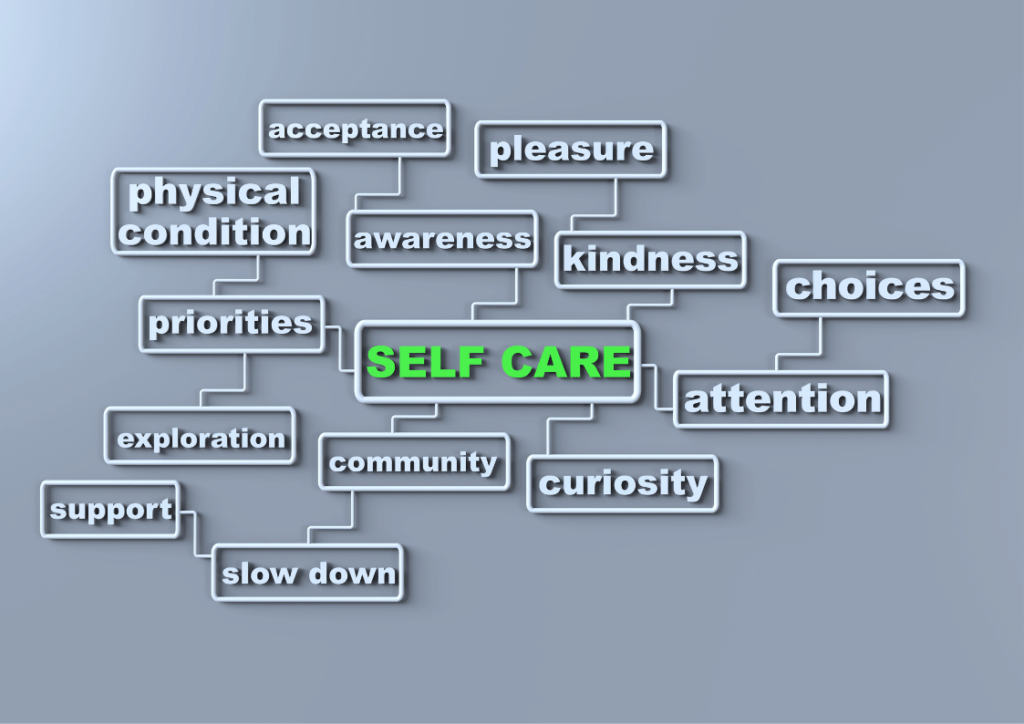
Having experienced four generations from Baby Boomers to Generation Z of the early 21st Century, the role of self-care has grown in importance and expanded the strata of differences it encompasses. As we look back at history, self-care has evolved to fit the current need.
Older adults of the G.I. (General Issue) or Silent Generation survived the Great Depression and two World Wars. Their self-care meant saving, preserving, and stretching resources. They learned to follow the rules to ensure a successful life.
The Baby Boomer Generation faced economic booms and the growth of families. Their youth was scattered with the birth of rock ‘n roll, the civil rights movement, and free love. Their self-care centered on self-expression and overcoming perceived oppression from war and social strife.
My generation saw AIDS, the fall of the Berlin Wall, the rise of MTV, and a need to create our own path rather than being defined by societal norms. We created boundaries around sex to prevent disease and worked on finding our voice.
Since the 1980s, the Millennials have seen a rise in the internet, 9-11 tragedies, a dependence on technology, and labeling of entitlement and self-centeredness. Generation Y has also been at the forefront of a rise in consciousness leading to introspection. Their biggest challenge is self-examination and social connections.

Those born in the 21st century are more dependent on the internet and technology than ever, and they desire individuality. They need help managing their dependence on technology, defining their role in the world, and returning to a spiritual center.
